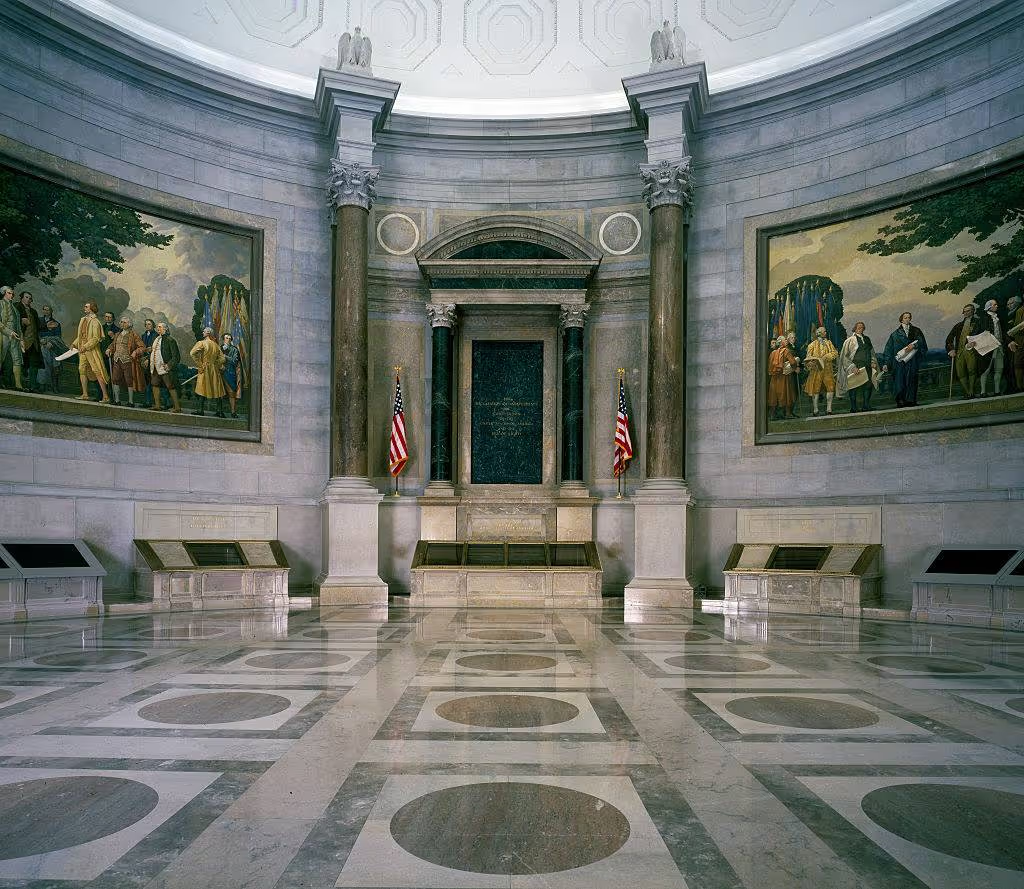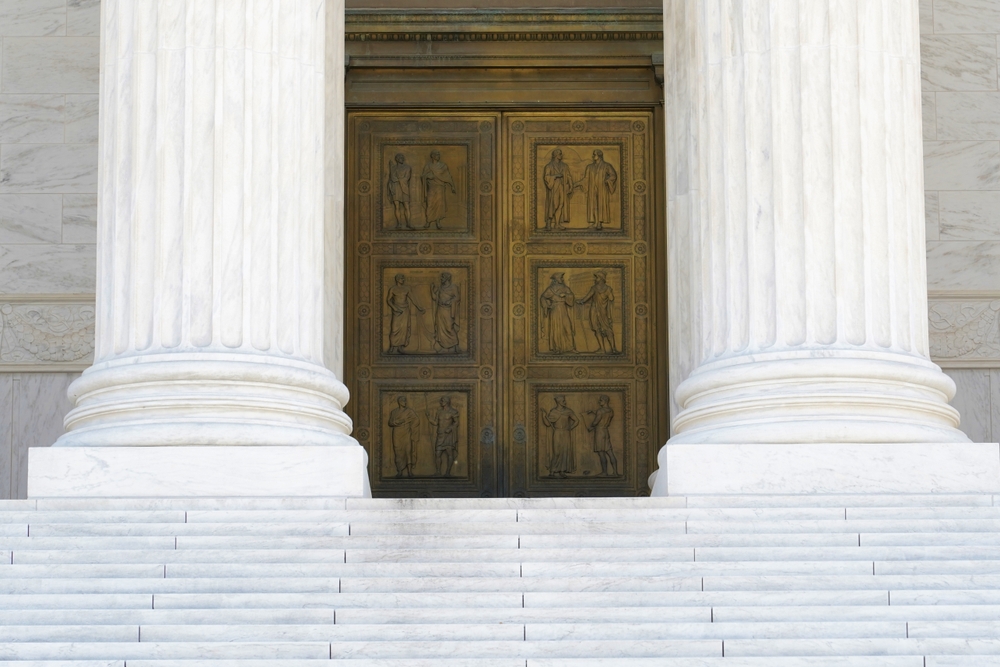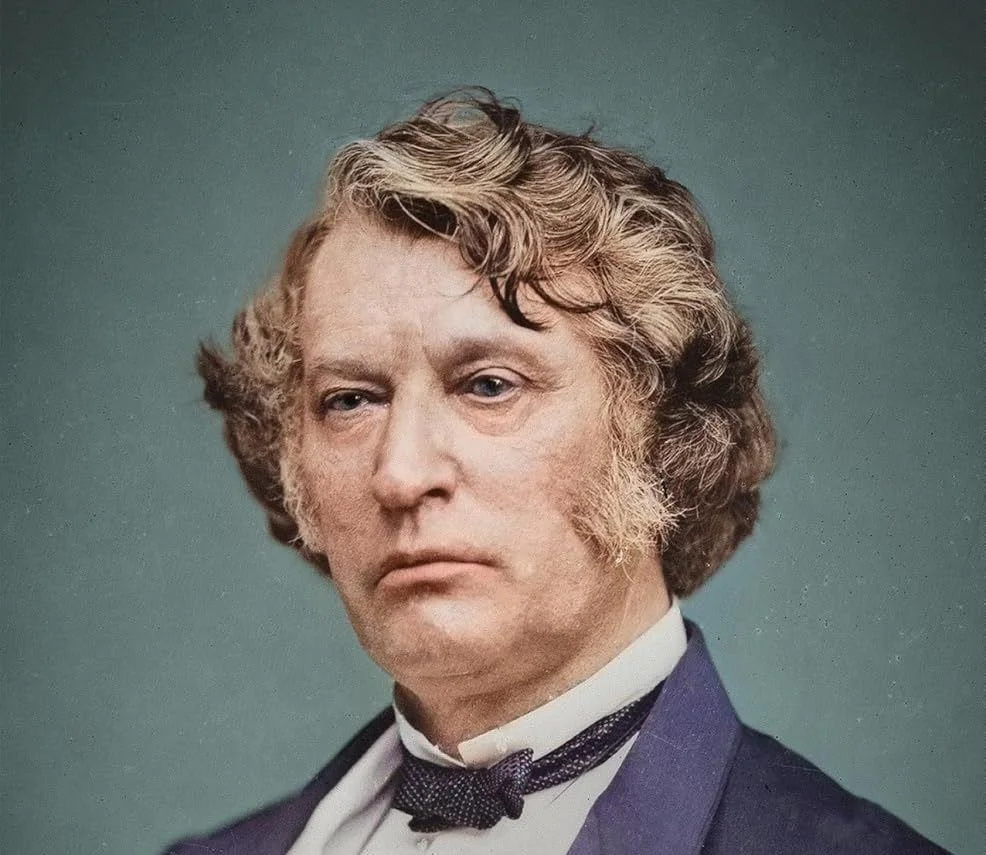
The Originalist Case for Birthright Citizenship
A Supreme Court guided by originalist principles should affirm the constitutionality of birthright citizenship.
On his first day in office, President Donald Trump ordered a wholesale change in the federal government's immigration policies. The central symbolic issue was birthright citizenship. In an executive order titled "Protecting the Meaning and Value of American Citizenship," Trump forbade the government from recognizing the citizenship of any child born in the United States to parents who are not American citizens or permanent-resident aliens. The order has thus far attracted three major lawsuits as well as four unfavorable district-court decisions. On May 15, 2025, the Supreme Court will hear oral arguments in these cases.
Trump's executive order was intended to deliver on his campaign promise to reduce illegal immigration and deport millions of immigrants who have entered the country unlawfully. But the truth is that birthright citizenship has little to do with the real problems plaguing our nation's immigration system. The Pew Research Center estimates that, within the 22 million U.S. households that include an unauthorized immigrant, 1.3 million individuals were born to illegal aliens, even as an estimated 3 million illegal aliens crossed the southern border annually during the Biden administration. Our immigration system broke down not because of our nation's practice of granting citizenship to all born within the country's borders, but because the Biden administration refused to secure the southern border and enforce existing law. Ending birthright citizenship would thus do little to slow illegal migration.
Constitutionalism

Amicus Brief: Hon. William P. Barr and Hon. Michael B. Mukasey in Support of Petitioners
Former AGs Barr and Mukasey Cite Civitas in a SCOTUS Brief

Rational Judicial Review: Constitutions as Power-sharing Agreements, Secession, and the Problem of Dred Scott
Judicial review and originalism serve as valuable commitment mechanisms to enforce future compliance with a political bargain.

Supreme Court showdown exposes shaky case against birthright citizenship
Supreme Court will hear challenges to Trump's order ending birthright citizenship, testing the 14th Amendment's guarantee for babies born in America.
.webp)
The Roberts Court Invokes Congress and the Constitution
The Court's message is that ultimate policy authority lies in the hands of Congress.

Slavery and the Republic
As America begins to celebrate its semiquincentennial, much ink has been spilled questioning whether that event is worth commemorating at all. Joseph Ellis’s The Great Contradiction could not be timelier.



.avif)










.avif)



